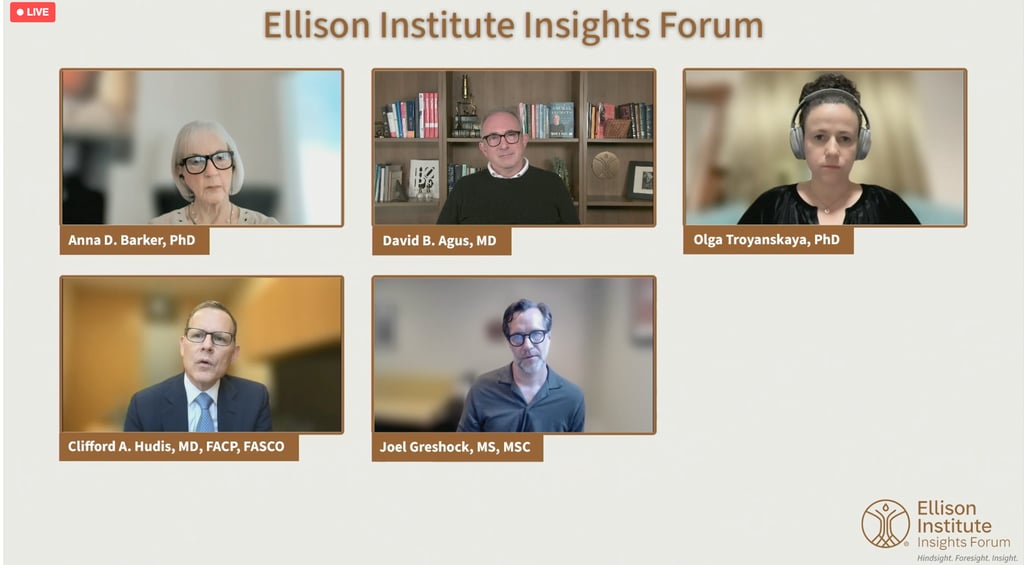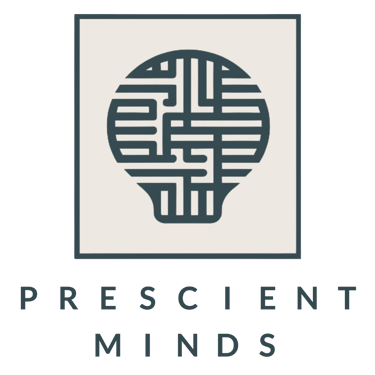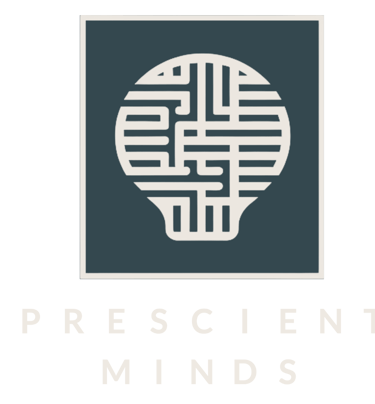Key Takeaways from the Ellison Insights Institute Forum: AI and Cancer Care
Blog post description.


At the recent Ellison Insights Institute Forum, industry leaders came together to discuss the potential impact of Artificial Intelligence (AI) on cancer care. The forum touched upon a variety of key subjects, including the issue of data bias, AI’s potential in clinical practices, the role of AI in drug development, data silos, and the need for more representative clinical trials.
Data Bias in AI-Driven Healthcare
The primary point of contention was the potential bias that can occur if training datasets aren’t diverse enough. For instance, a data set composed predominantly of white individuals in their 50s might not yield accurate results when applied to a black individual in their 30s. Therefore, the importance of diverse and representative datasets was emphasized.
AI’s Potential in Clinical Practices
Clifford Hudis, CEO of the American Society of Clinical Oncology, likened the potential of AI in healthcare to the development of air travel or email – not altering our core practices but helping us overcome limitations of time and space. AI can expedite mundane tasks, optimize patient-doctor interactions, and elevate the standard of care. However, he stressed that AI cannot replace the human element in understanding patients' individual goals.
AI in Drug Development
Joel Greshock, Head of Precision Medicine at Bayer, shared insights on AI's potential role in accelerating drug development. He mentioned various possibilities including improving molecule design, targeting mutations, predicting pharmacological properties, and determining appropriate starting doses. These advancements could save valuable time and resources in the lengthy process of drug discovery and development.
The Problem of Siloed Data
Despite the promises, the experts agreed on the current limitations posed by siloed and unstandardized data. Large volumes of critical data are isolated within different systems and are not effectively shared or analyzed. Olga Troyanskaya, a professor at Princeton University and the deputy director of Genomics at the Simons Foundation, suggested that collective decisions around a shared data lake could help address this problem.
The Need for Early Cancer Detection
The forum also discussed how AI could potentially aid in early cancer detection, especially when combined with radiology and genomics data. The development of a "pre-cancer genome atlas" was highlighted as a potential step forward.
The Importance of Representative Clinical Trials
The importance of diversity in clinical trials was also stressed, with Clifford Hudis suggesting that these trials should accurately reflect the populations we treat. The removal of preauthorizations for oncologists was also suggested as a way to streamline clinical trial enrollment.
The Future of AI in Healthcare
Looking ahead, the experts speculated that AI could democratize equal care by raising the minimum standard of care across all sectors. However, the important question that remains is who will oversee these developments to ensure they are fair, inclusive, and ethically implemented.
Overall, the Ellison Insights Institute Forum demonstrated that while AI has enormous potential to revolutionize cancer care, it also presents several challenges that need to be carefully managed. The way forward lies in ensuring diverse and inclusive datasets, overcoming the problem of data silos, and focusing on improving the standards of care for all.


